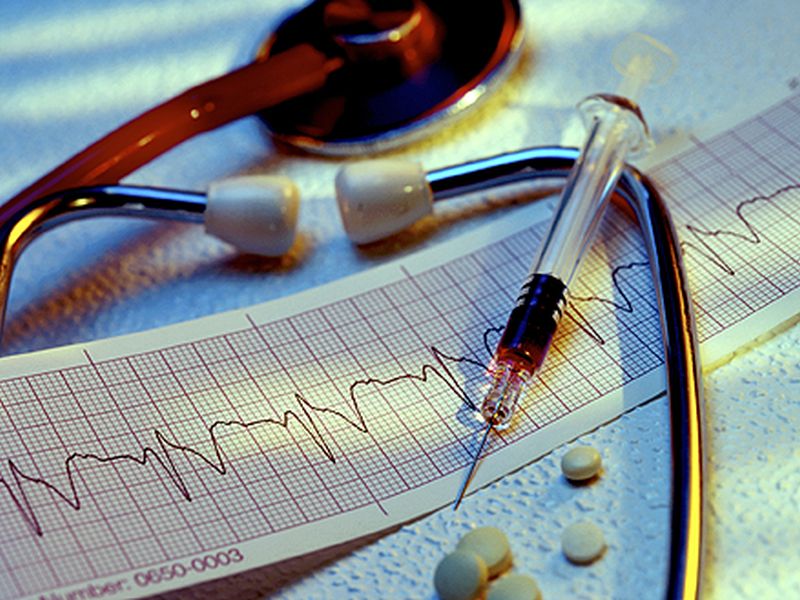
The heart drug digoxin might raise the risk of death in people with a common heart rhythm disorder, and those patients should not take the drug, a new study suggests.
Researchers analyzed data from nearly 18,000 atrial fibrillation patients in an international stroke prevention trial, including about 32 percent who were on digoxin at the start of the trial and nearly 7 percent who started taking the drug at some point during the trial.
There was no significant association between digoxin use and death risk among patients who were already taking digoxin and therefore more likely to tolerate it, said study author Dr. Renato Lopes, a member of the Clinical Research Institute at Duke University in Durham, N.C.
However, even among those patients, the risk of death was related to digoxin concentration in the blood. For every 0.5 nanograms per milliliter (ng/mL) increase in the blood level of digoxin, the risk of death rose by 19 percent.
Patients whose digoxin levels were greater than 1.2 ng/mL had a 56 percent increased risk of death.
“Additionally, death risks — and particularly sudden death — were substantially higher in patients who began digoxin after the start of the study,” Lopes said in a university news release. “Most of the deaths occurred in the first six months after digoxin was initiated.”
The findings show that digoxin should not be given to these patients, particularly those whose symptoms can be treated with other drugs, according to Lopes.
In atrial fibrillation patients who are already taking digoxin and require treatment, digoxin blood levels should be monitored to ensure they remain below 1.2ng/mL, the researchers added.
“Although our study results speak in favor of causation between digoxin use and increased risk of death, this is an observational study, and causation cannot be definitively established,” Lopes noted.
“Definitively determining the efficacy and safety of digoxin in patients with atrial fibrillation would require a large and well-powered randomized trial,” he said.
“Until then, our finding that digoxin may be causing more harm than good in patients with atrial fibrillation is important and could help guide physicians in their clinical decisions when managing these patients,” Lopes concluded.
The study was presented recently at the annual meeting of the American College of Cardiology, in Washington, D.C. Research presented at meetings is considered preliminary until published in a peer-reviewed journal.
More information
The U.S. National Heart, Lung, and Blood Institute has more on atrial fibrillation.
Source: HealthDay

Leave a Reply